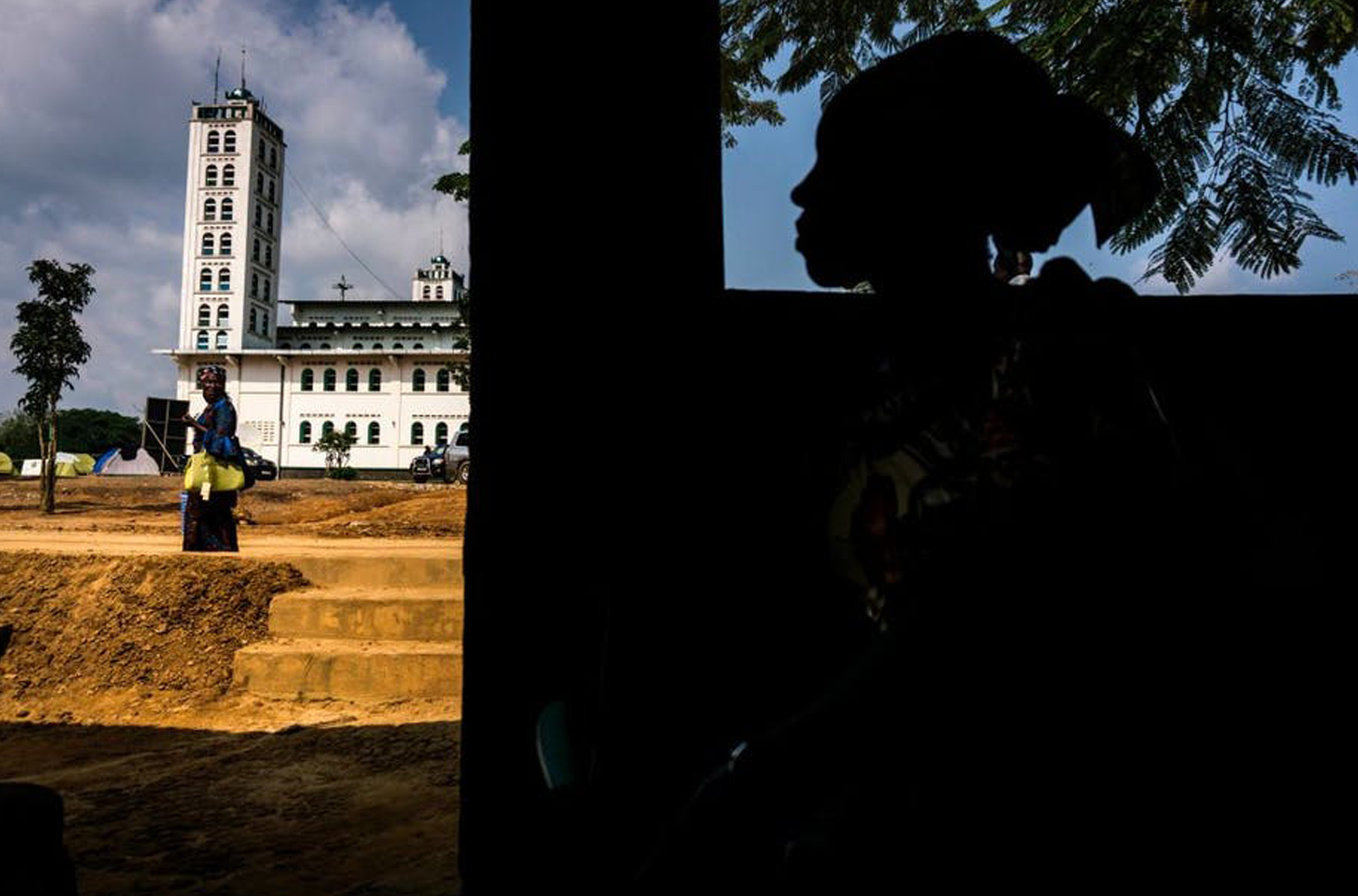
A combination of restrictive abortion laws, limited medical resources, and high costs – heightened by two decades of conflict – create serious barriers in access to safe abortion in the DRC, where 88% of abortions are unsafe. Abortion is also highly stigmatised because it is seen as a repudiation of traditional female roles of motherhood and procreation. To keep their abortions a secret, women may avoid seeking potentially life-saving post-abortion care, even for complications, to avoid social exclusion, the loss of marriage prospects, or the risk of being abandoned by their spouses or families.
In a study of the barriers of access to and use of post-abortion care in North and South Kivu, DRC, the author explored community perceptions of women who terminated a pregnancy and their attitudes towards their use of post-abortion care. She held 24 focus group discussions with women and married men in six rural districts of North and South Kivu.
Initial reactions towards abortion were negative. However, there were displays of understanding and empathy when discussing the reasons why women have abortions. For example, many considered it understandable that a woman would induce abortion after rape or sexual assault perpetrated by armed groups in the ongoing conflict. Other understandable reasons included when a woman’s husband was unsupportive, unfaithful, or abusive.
In addition, they mentioned that a woman – or couple – might choose to terminate a pregnancy because they could not afford to feed another child, or if she had recently given birth or already had many children.
They expressed empathy for an unmarried girl who would want to avoid the stigma of becoming an unwed mother, or who wanted to finish her education. Many participants explicitly said abortion was permissible in order to save the life of the woman.
As the discussions continued, a few participants concluded that it was inappropriate to judge a woman who induced an abortion. They recognised that the decision to terminate a pregnancy was personal. Other participants advocated against criminal charges for women who induced abortions.
Despite their initial reactions, many agreed that women should eventually be reintegrated into society after inducing an abortion. Moreover, even among those who strongly opposed abortion, community members almost unanimously agreed that a woman who terminated a pregnancy should have access to post-abortion care. They also said they would help her reach care.
SOURCE: The Conversation, by Sara E Casey + PHOTO by John Wessels/AFP via Getty Images, 15 March 2021



